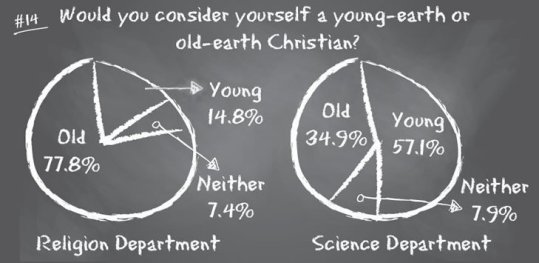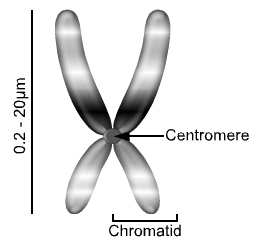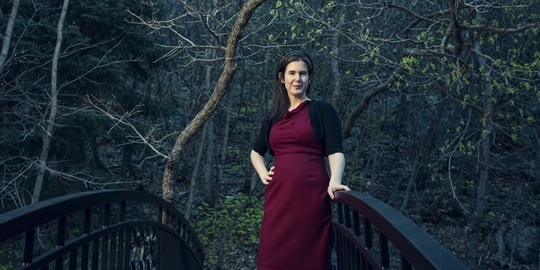
In 2011, Answers in Genesis published a book entitled Already Compromised. It was based on the results of an interesting poll. The pollsters (America’s Research Group and Britt Beemer) attempted to contact four faculty/staff members (the university president, the academic dean, the head of the science department, and the head of the religion department) at 200 different Christian colleges and universities. Of those potentially 800 people, they ended up being able to interview 312. They asked a wide variety of questions, focusing on how those individuals interpreted different aspects of the Bible. The results are presented in the book, along with ample commentary.
The conclusion of the book is that many Christian colleges and universities have “compromised” their theology, subordinating the teachings of the Bible to the scientific consensus. In other words, they have decided that they must force their interpretation of the Bible to “fit” the scientific consensus, which includes flagellate-to-philosopher evolution and a billions-of-years-old earth.
Now please understand that I do not agree with the conclusion of the book. I don’t think that those who believe the earth is ancient or that God has created through evolution are necessarily “compromising” their theology. Non-literal interpretations of various parts of the book of Genesis can be traced all the way back to (and before) the beginning of Christendom, and there are literal interpretations of Genesis that result in conclusions other than young-earth creationism. Thus, the whole idea that people who disagree with me when it comes to natural history are “compromised” is absurd.
Despite the fact that I disagree with the book’s conclusions, I am interested in the results of its poll, especially the one highlighted in the graphic above. According to the poll’s results on this issue, the heads of the science department in these 200 Christian colleges and universities are nearly four times more likely to be young-earth creationists than the heads of the religion department!
Continue reading “I’m Not Surprised, But I’m Not Sure What It Means”



